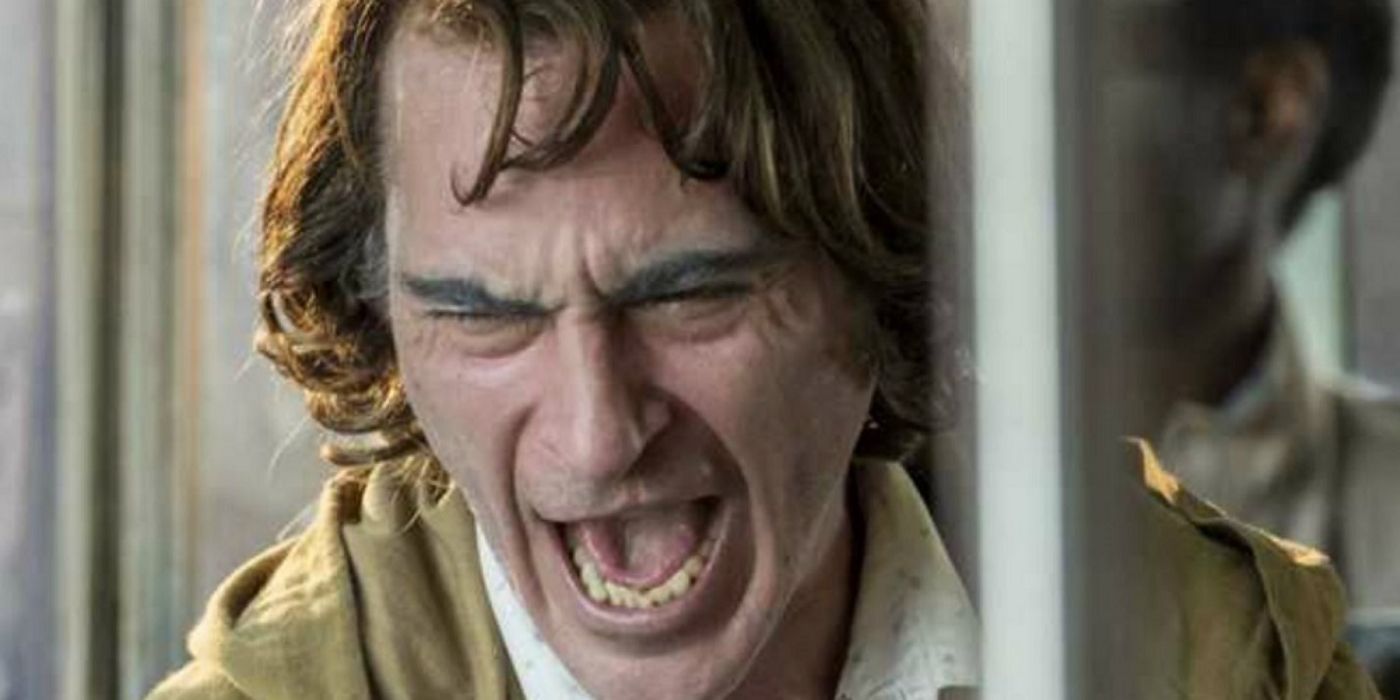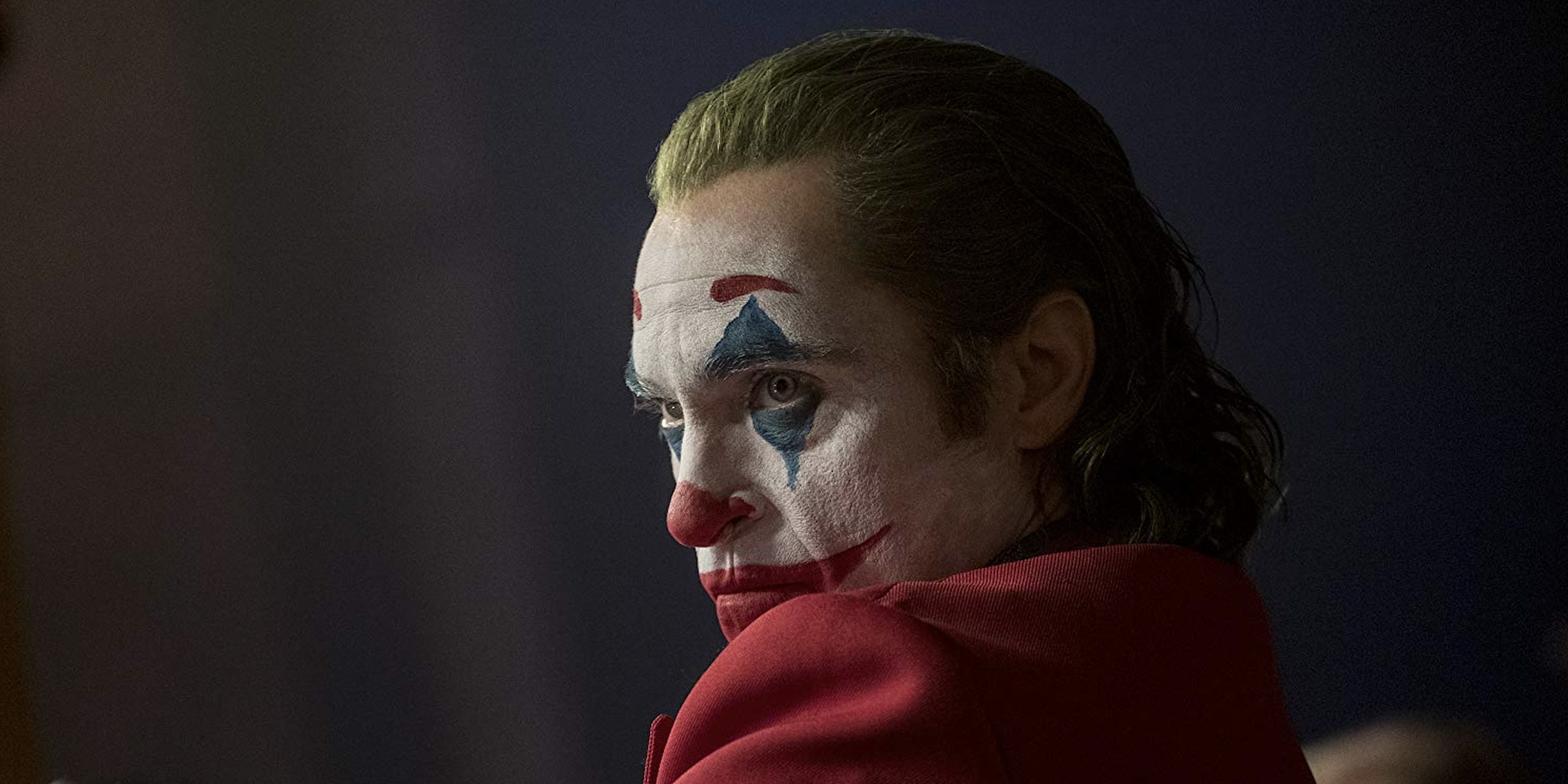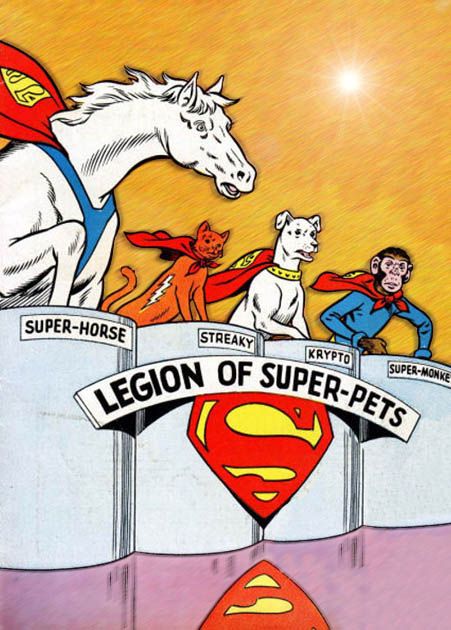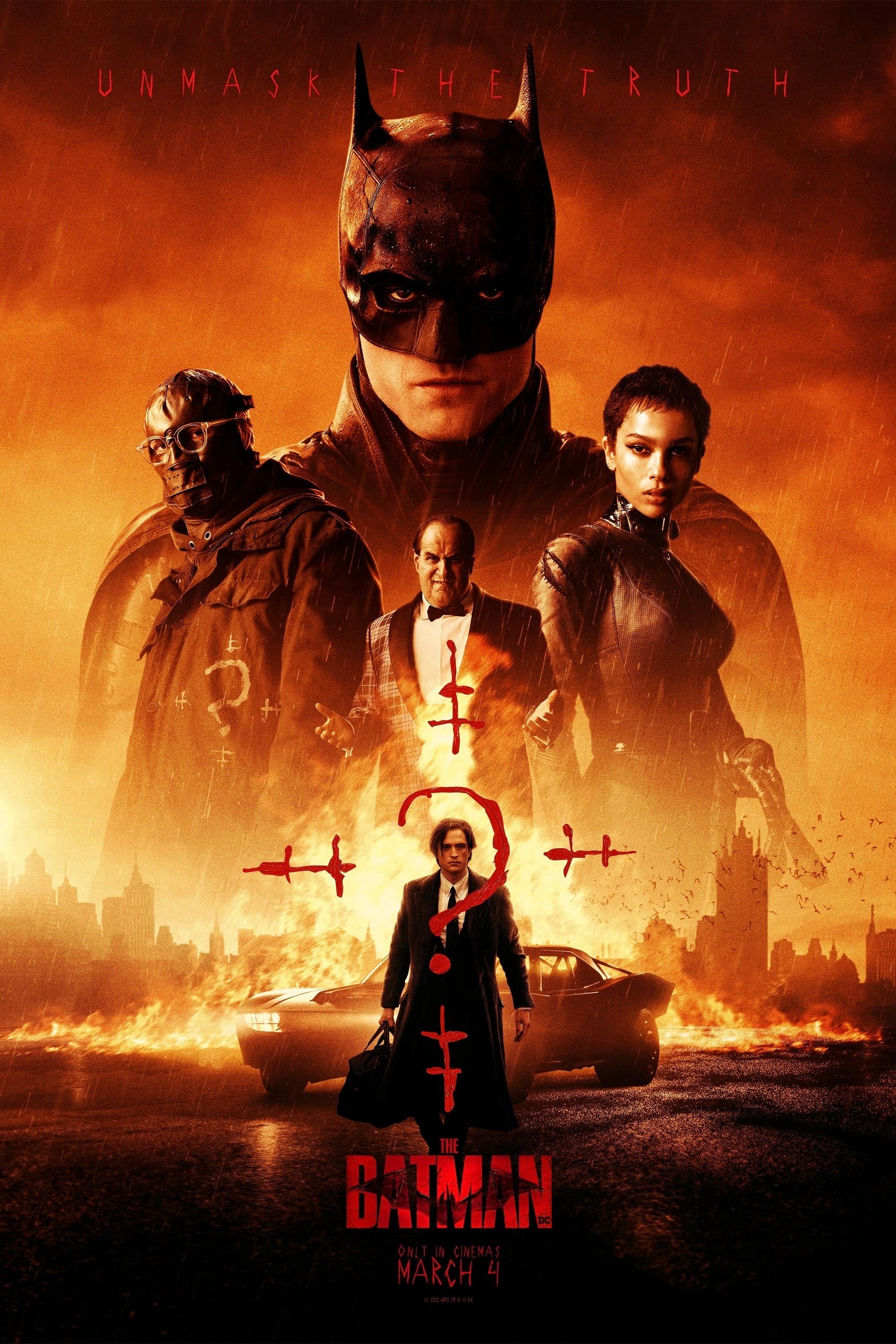Joker uses a real-life medical condition to explain the Clown Prince of Crime's laugh - the Pseudobulbar Affect, or PBA. A classic Batman supervillain, the Joker is best known for his distinctive laugh. It's typically treated as an expression of the Joker's insane sense of humor, as he laughs at the chaos he leaves in his wake. But Joker takes a very different approach.
In Joker, the laughter is really an expression of Arthur Fleck's inner pain. Fleck has what he calls "a condition," which means he laughs at inappropriate moments. There appears to be a disconnect between Fleck's actual mood and his outward display of emotions, what psychologists call his "affect." As a result, Fleck can't help laughing uncontrollably whenever he's in a stressful situation. This serves to escalate conflict, as he struggles to get the right words out to disarm the situation.
Of course, there's intense debate over Hollywood's use of mental illness as the driving force behind a supervillain. This is a particular issue with Batman's rogues' gallery, given the Dark Knight's opponents are generally inmates at Arkham Asylum. But it's interesting to see director Todd Phillips choose to move the Joker closer to real-world medical conditions, rather than further away. How accurate is his portrayal?
Pseudobulbar Affect Explained
The "Pseudobulbar Affect," or "PBA," is is an emotional disorder where a person's affect is completely unconnected from their actual mood, usually manifesting in uncontrollable laughter or violent weeping. The condition was first recorded as far back as 1872, when Charles Darwin wrote of "certain brain diseases, such as hemiplegia, brain-wasting, and senile decay, [that] have a special tendency to induce weeping." Researchers have gradually concluded that Pseudobulbar Affect is a result of brain damage, and there appears to be a link with post-stroke anger. PBA was named in the 1890s in order to differentiate it from other conditions such as dysarthria, dysphagia, slurring, and dysphonia.
People who suffer from PBA frequently experience a degree of social isolation, because their uninhibited laughter or weeping is difficult for others to deal with. Treatments do now exist - their success often being dependent on the degree to which a person is able to overcome their isolation and sense of shame and embarrassment - but they wouldn't have been present in Gotham City decades ago.
The Pseudobulbar Affect In Joker
Arthur Fleck suffers from episodes of laughter that are completely inappropriate to the situation he's in at the time. Each episode follows a typical pattern, building up to a peak and then decreasing slowly. The laughter appears to be an expression of Arthur Fleck's inner turmoil, and triggers whenever he feels stress, or else attempts to express the truth of what he's actually feeling. In the film it's noted that the condition can be caused by brain damage, and in the third act the source of Arthur's brain injury - the likely cause of his uncontrollable laughing - is revealed.
Some of Arthur's symptoms are accurate to real-world PBA - the pattern of the episodes, with their notable escalation, is faithful - but other aspects are a little too convenient. In reality, there's no relationship between Pseudobulbar Affect and stress, with laughter and tears both having no link at all to a person's actual mood. Furthermore, tears are more common than laughter, which is why PBA is frequently misdiagnosed as depression, although the two can coincide - and do in Arthur's case. Notice that the uncontrolled outbursts do appear to affect Arthur's emotions in some way, with him seeming to be slightly relieved when some of the episodes are over; this is not true of Pseudobulbar Affect, where there is no sense of emotional relief afterwards.
Part of the problem is that, while Phillips has loosely hooked Joker on real mental illnesses, he's been reluctant to define them too carefully. His version of the Joker suffers from multiple different conditions, not just PBA, and Phillips has used all of them as plot devices for his story rather than faithfully reproducing them on the big screen. "We never talked about what he has," Phillips told the Los Angeles Times, "I didn’t want [Joaquin Phoenix] as an actor to start researching that kind of thing. We just said, 'He’s off.'" In addition to PBA, Arthur Fleck certainly has depression, telling his counselor that he's constantly unhappy. His journal expresses a hope that his death will make more sense than his life, and at one point he contemplates suicide. Meanwhile, Fleck clearly suffers from hallucinations that center around wish-fulfillment - including a dream of attending a show with his comedian hero, launching a successful stand-up career, and even imagining an entire relationship. Joker's ending hints that the whole story may have been a grandiose delusion, explaining why Arthur's tale gradually consumed Gotham City and ended with him being cheered by adoring crowds. In one scene, Arthur learned that his mother had historically been diagnosed with "delusional psychosis and narcissistic personality disorder." In truth, that may well have been his own diagnosis.
What Joker Doesn't Show About The Pseudobulbar Affect
While Joker is technically a film about mental illnesses, it's essential to remember that these are really just convenient plot devices to help viewers interpret Arthur Fleck's descent into madness. As a result, the various conditions seem to blend together into a heady cocktail, and the lines between them blur. The film oversimplifies Pseudobulbar Affect for dramatic purposes; its star only ever laughs uncontrollably, never crying, when the latter is actually a more common outburst for anyone diagnosed with PBA. The outbursts appear to have some loose (albeit contradictory) relationship to mood, and indeed give emotional relief at some level, simply because that makes it easier for general viewers to relate to Arthur Fleck.
Ultimately, however good Joker may be, the film continues Hollywood's habit of oversimplifying mental illness, once again using a condition as the origin story for a supervillain. Joker does make some important points - say, for example, a powerful critique about health services being cut and the resulting risk posed to the most vulnerable - but they're largely lost in the violence and bloodshed. Fleck's final rant on The Murray Show is actually a searing commentary on society's take on mental illness, but it goes over viewers' heads, as they wait for Joker to be unleashed. But, at the end of the day, that's not what Joker is really about; it's still a comic book movie, all about one man's ill-defined but violent insanity.










